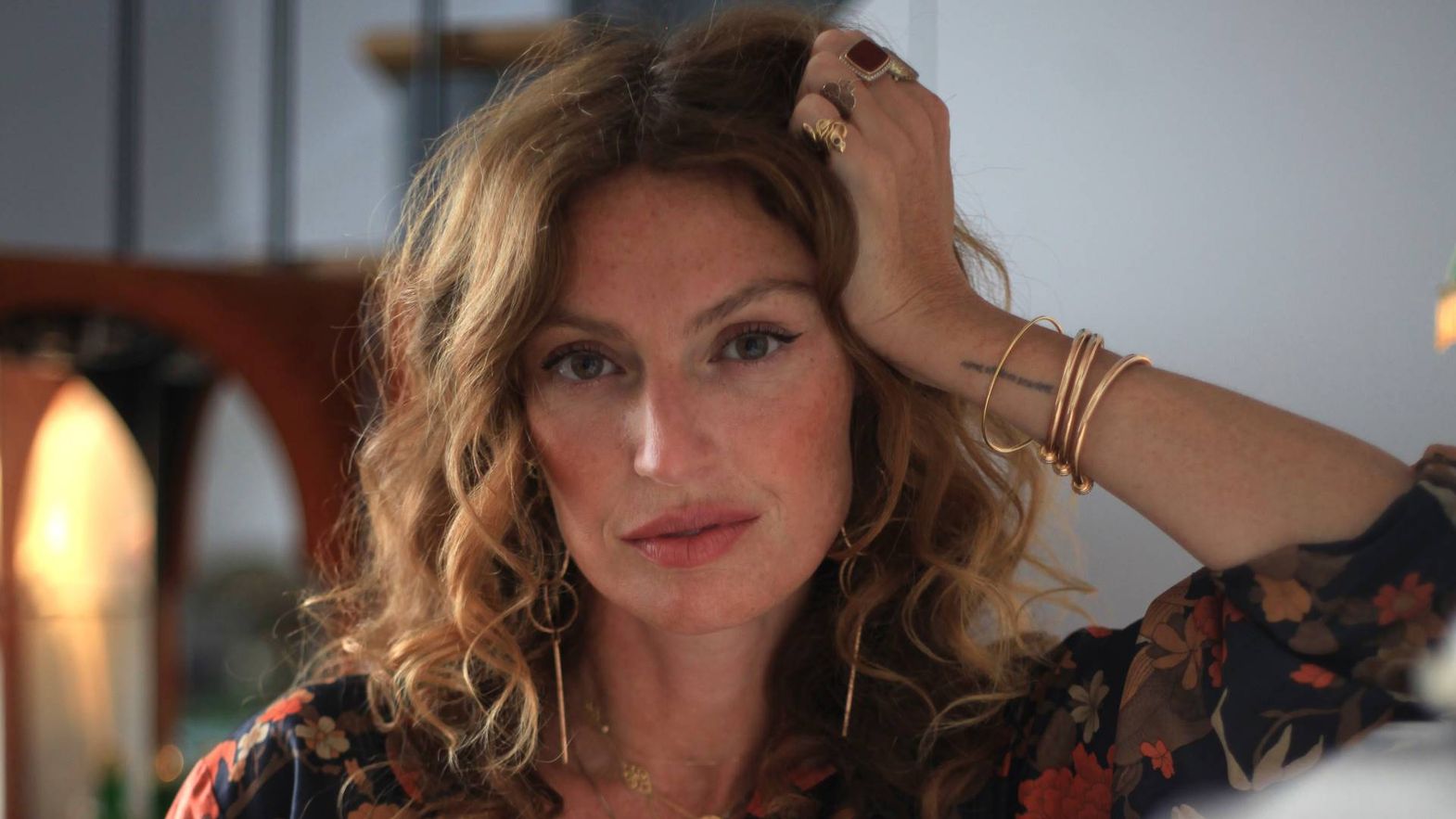How did you get the idea for the film?
I’ve always wondered about the aging of women, which we have to deal with at all times, and also the many facets of femininity that are far too often limited by our cultures, our societies, and sometimes even by ourselves. Rose is the story of an intimate revolution, of someone who realizes as she’s turning 80 that she is not just a grandmother and a widow, but also a woman, and she has the right to enjoy being so and to feel desire until the end.
How did you work with Françoise Fabian, who plays Rose?
To me, Françoise embodied the character perfectly: she has this Eastern charm that is so dear and familiar to me, but also this vivid desire, breathtaking beauty, and a vibrant emotional side. Françoise is an adventurer, and that’s what’s so wonderful about her. I love actors, and I love directing them and writing rich, long scenes for them with real material to work on, where they can get carried away emotionally. I love when they surprise themselves in delivering intimate, powerful material. The actors didn’t know each other that well before the shoot, but there was some kind of spark between them and now they’re inseparable.
Tell us about the magnificent, revelatory dinner scene.
For that scene around the table, I didn’t have actors. They’re all dear friends of mine playing themselves: a philosopher, a journalist, a musician, a comic book writer… the food was a pure delight, my sister Chloé Saada, a chef, cooked it for us. You can tell they were loving it when you see the film. It stuck broadly to the script, but I would ask them to take part in games I suggested to them, to keep it spontaneous and surprising. I put friends with amazing personalities around that table, like when I plan a dinner at home, and I knew they would want to meet each other, talk, and discover each other, and it worked. They enjoyed it, and it’s visible on the screen. I also enjoyed having them sing a song I taught the pianist the morning after I’d written it, they all gamely participated. There was that magic of letting loose, of discovery. We spent two days around that table, during the lockdown, experiencing everything that was forbidden, it was crazy and idyllic.
The film begins with Rose’s personal drama and turns into a tender comedy.
I don’t know if you can qualify it as a drama or a romantic comedy. I didn’t feel like there was a shift, it felt like I was recounting a character arc, a woman’s revolution, her rebirth, how she loses balance and loves it. How she discovers her body that was perceived as too old, and the inebriating feeling of uncertainty. I like to think she starts the movie with certitude and answers and finishes with doubt and questions. Maybe that’s the key to happiness: not knowing, not anticipating, not expecting something that’s been mapped out, and just living instead.
What made you want to tell this story?
Five years ago, I had a lavish dinner at my house, I like groups where cultures and generations mix. That night, my cousin came with my last surviving grandmother, Denise, who had just lost her husband. Marceline Loridan Ivens (a Holocaust survivor and good friend of Simone Veil) was also there. She was 92, a survivor in every sense of the word: joyful, flamboyant, phenomenal, and completely free. I saw my grandmother, who was completely closed at the time, just click with this woman: she was fascinated by her and her audacity, and she realized life isn’t over until you are, that she wasn’t just a grandmother, a mother, and a widow, but also a woman, regardless of age, and she wanted to enjoy it and live. After clearing the table, I sat down at my computer and wrote the synopsis for Rose. Maybe that’s why that scene in the film is so special: it really happened, in my house, and it’s the heart of the film. For this movie, I wrote songs that I sing in all the languages tied to my origins. It was a rich journey, working in Yiddish, Arabic, Hebrew, Italian and French. I dove back into the history of my roots.
Mathilde Henrot
